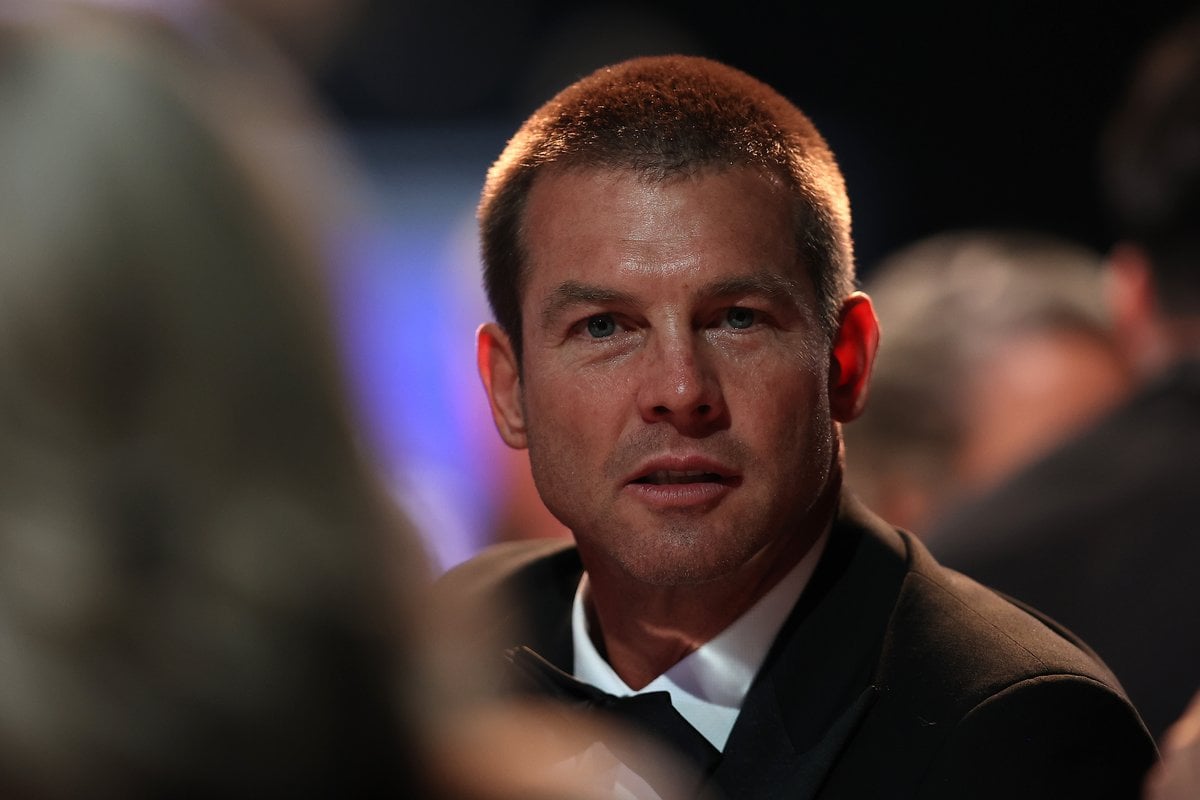
This post deals discusses violence against women.
"Ben Cousins will be swapping his footy boots for Cuban heels on the new season of Dancing With the Stars."
That’s how Channel 7 announced its first celebrity recruit for the hugely popular reality television show, where unlikely stars turn their hands (feet?) to ballroom dancing.
Cousins was described as a 'former AFL player and Seven News Perth sports presenter'. While he is indeed both things, he’s also a convicted stalker. The media often forget to mention this.
Cousins was jailed for seven months for stalking his former partner, Maylea Tinecheff - the mother of his children. A Violence Protection Order was in place at the time.
Watch: Lover Stalker Killer Official Trailer. Post continues after the video.
During the trial, Tinecheff told the court Cousins was abusive to their children when under the influence of drugs. She said she was scared when she realised Cousins knew where they lived, after they'd secretly relocated. For good reason.
The court heard Cousins allegedly told Tinecheff he would bury her car "where she would survive for a couple of days, then he would bring the kids to play so she would hear them but would not be able to get to them".
Top Comments